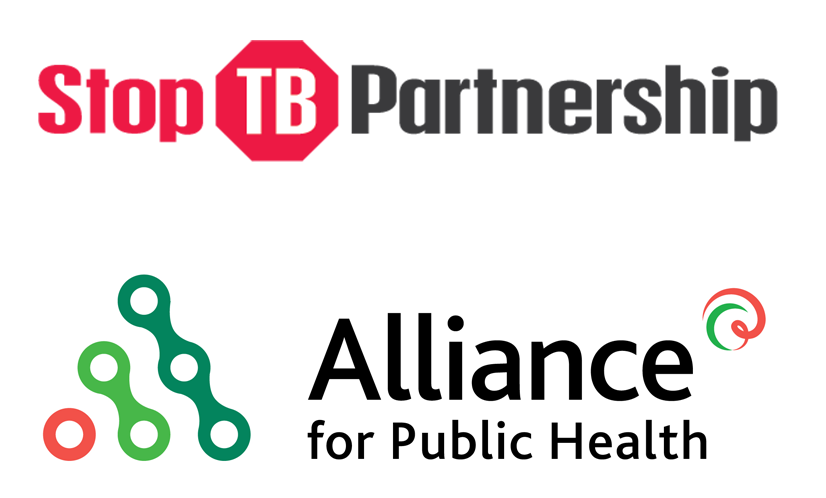The Alliance for Public Health, in collaboration with the Stop TB Partnership launched the implementation of the project “Communities, Rights and Gender Tools Assessments for TB in Ukraine”, utilizing a participatory approach for the involvement of the broad circle of stakeholders in its core.
The study conducted within the project is based on the Stop TB Partnership Tools – TB/HIV Gender Assessment Tool and a Data for Action Framework on key, vulnerable and underserved populations. We expect that the study which will address both gender aspects and analysis of key, vulnerable and underserved populations in TB will provide helpful data to strengthen the National TB response, including TB/HIV aspects.
Socio-cultural norms in many countries may lead to different levels of stigma, discrimination and gender inequalities. Therefore, gender has a critical impact on health seeking and treatment behavior, determining how men, women, transgender people, boys and girls seek health services and bear different kind of barriers. It will also look at how stigma and discrimination lead to delays in seeking diagnosis, poor treatment outcomes, loss of income and rejection of people at health services. Applying gender-based frame to the assessment of TB care will help to reveal these barriers, making TB programs sensitive to these issues by developing interventions that address specific risks for men and women, boys and girls and people with other gender identities.
On the data for action framework, we will focus on the key, vulnerable and underserved populations in TB who are at increased risk of developing the disease due to biological and behavioral factors. These groups vary, based on the country context, but in all cases we will focus on the people who are most likely to be missed by health systems and suffer particularly detrimental consequences as a result of TB. Applying the framework we plan to reflect on the existing approaches to key populations as well as ensure that our health system responds to the needs of all populations that are high risk.
The 1st stakeholder meeting for introduction of the tools and ensuring the public consultation is planned for November 24, 2017. The broader circle of stakeholders invited for the meeting is encouraged to contribute to the assessments by sharing their expertise and experiences, and developing and implementing follow up interventions based on the study recommendations. The stakeholder meeting will be complemented by a desk review and two focus-group discussions with people affected by TB and with direct TB experience. We will also utilize in-depth interviews with different groups and stakeholders to have the qualitative information for further analysis and recommendations to strengthen National TB response.

